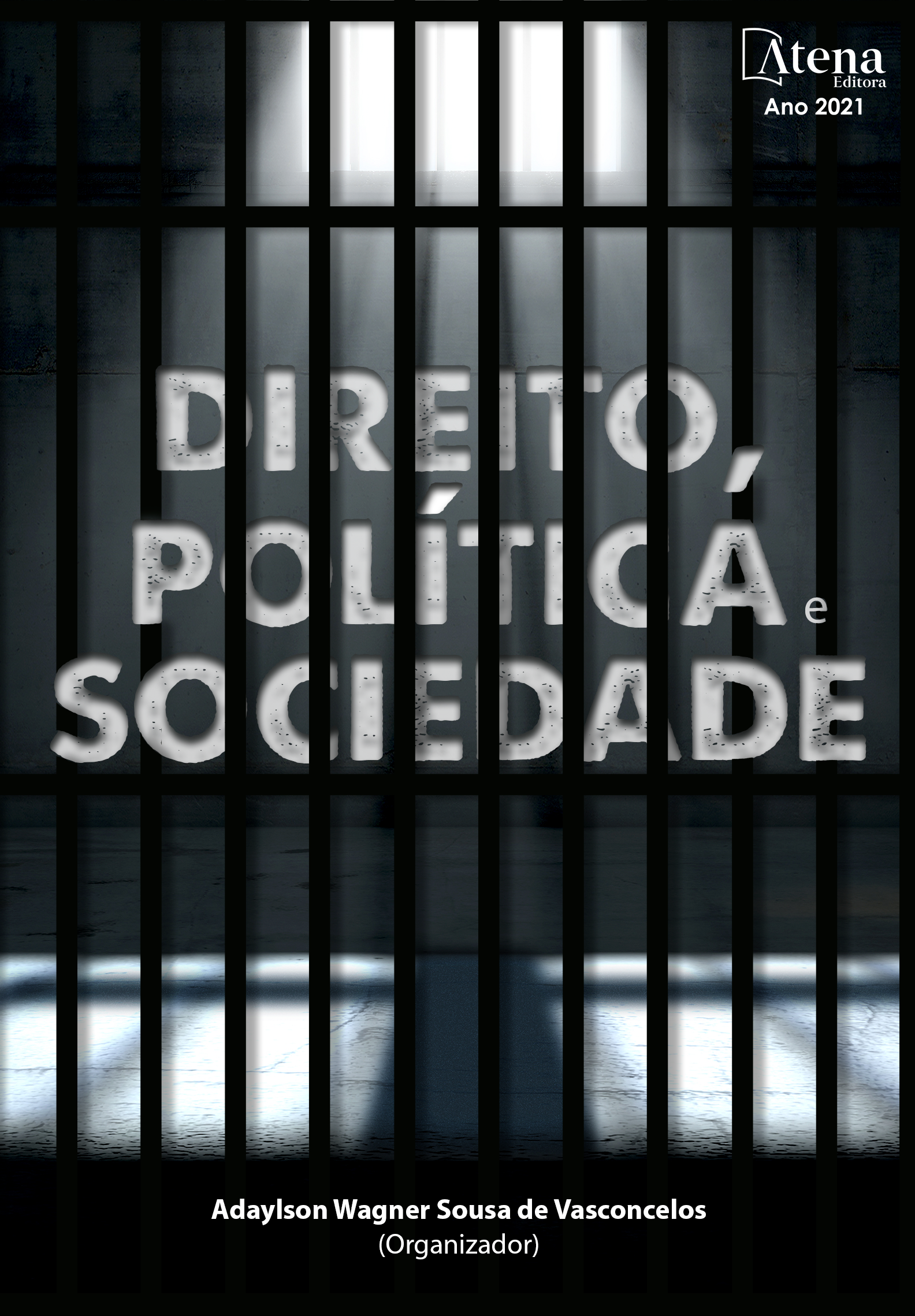
O TELETRABALHO E O DIREITO À DESCONEXÃO NO BRASIL
O objetivo do presente estudo é analisar como o teletrabalho impacta o direito fundamental à desconexão do trabalhador brasileiro. A sociedade do conhecimento está cada vez mais dependente da internet e dos ambientes virtuais. Ao tratar da seara laboral, percebe-se que o teletrabalho é um dos exemplos de crescimento exponencial de trabalho informatizado, baseado na sociedade digital hodierna. O advento da pandemia de Covid-19 potencializou o implemento desta modalidade laboral ao fazer com que necessariamente os indivíduos passassem a trabalhar nas suas residências. O método utilizado foi o dialético, visto que considerou a busca dos nexos constitutivos da realidade a ser pesquisada utilizando-se de dados do Instituto Brasileiro de Geografia e Estatística - IBGE e legislação nacional, captando contradições acerca do objeto ao longo do tempo e como isso impacta no processo investigativo e culmina no que se observa na realidade. A pesquisa tem caráter qualitativo quanto à abordagem, exploratória quanto aos objetivos, bibliográfica e documental quanto aos procedimentos. Compreende-se que a sociedade da informação e os avanços tecnológicos são uma realidade com a qual os trabalhadores precisam conviver e adaptar-se. Sendo assim, conclui-se pela necessidade de normas específicas para o teletrabalhador, bem como políticas públicas que fortaleçam a compreensão sobre a importância do descanso enquanto direito fundamental.
O TELETRABALHO E O DIREITO À DESCONEXÃO NO BRASIL
-
DOI: 10.22533/at.ed.55721061222
-
Palavras-chave: teletrabalho; sociedade digital; direito à desconexão
-
Keywords: telework; digital society; right to disconnection.
-
Abstract:
The objective of this study is to analyze to what extent telecommuting impacts the fundamental right to disconnection of the Brazilian worker. The knowledge society is increasingly dependent on the Internet and virtual environments. When dealing with the labor field, we realize that telework is one of the examples of exponential growth of computerized work, based on today's digital society. The advent of the Covid-19 pandemic has boosted the implementation of this type of work by making it necessary for individuals to work from their homes.The dialectical method was used, since it considered the search for the constitutive links of the reality to be researched using data from the Brazilian Institute of Geography and Statistics - IBGE and national legislation, capturing contradictions about the object over time and how this impacts the investigative process and culminates in what is observed in reality. The research is qualitative as to its approach, exploratory as to its objectives, bibliographical and documental as to its procedures. It is understood that the information society and technological advances are a reality with which workers must live and adapt. Therefore, we conclude that there is a need for specific norms for teleworkers, as well as public policies that strengthen the understanding of the importance of rest as a fundamental right.
-
Número de páginas: 12
- Oton de Albuquerque Vasconcelos Filho
- Letícia Roberta Medeiros Pirangy de Souza
- Maria Amália Oliveira de Arruda Camara
- Aymina Nathana Brandão Madeiro Scala


